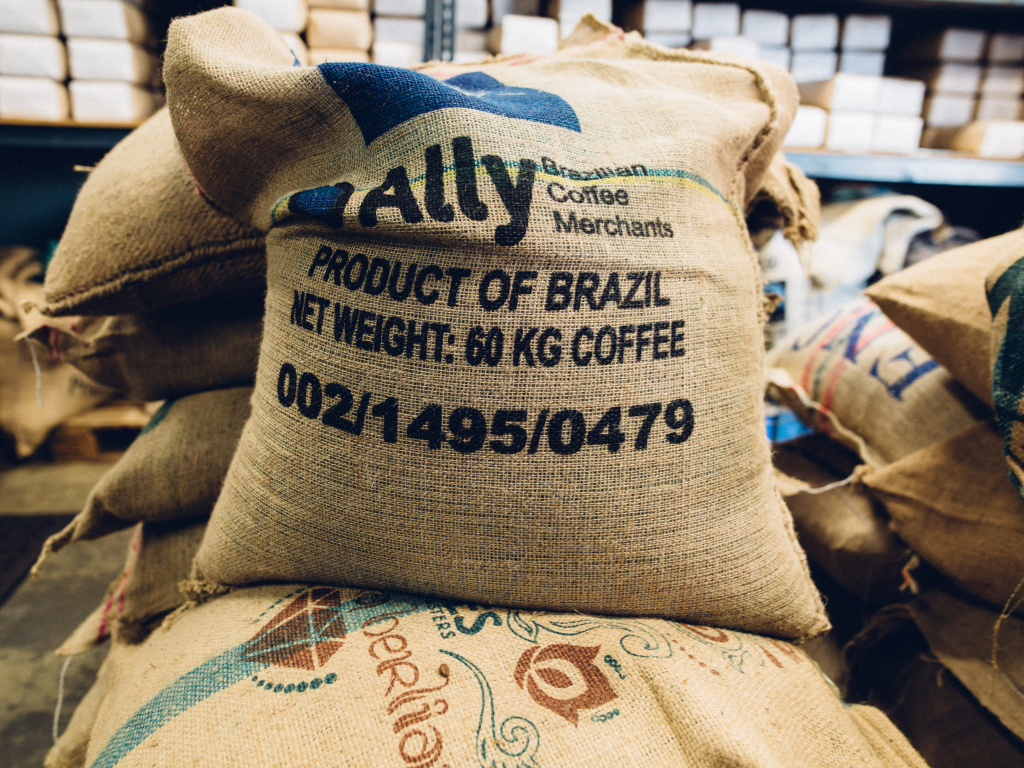Coffee is a delicate product, full of aroma and flavor compounds that begin to degrade as soon as the beans are roasted. If you don’t store your coffee properly, you’re missing out on the best part of your brew. The good news is that preserving coffee freshness isn’t complicated—it just takes a few simple habits and the right storage methods.
Why freshness matters
Freshly roasted coffee is rich in oils, acids, and volatile compounds that give it flavor, aroma, and complexity. Over time, exposure to oxygen, moisture, heat, and light breaks these compounds down. That’s why stale coffee tastes flat, bitter, or bland—it’s not bad, it’s just been poorly stored.
Coffee doesn’t spoil like milk or meat, but it does go stale, and this impacts your experience in the cup. That’s why proper storage is essential if you want to consistently enjoy flavorful brews.
Enemies of coffee freshness
To store your coffee well, you first need to protect it from the four main enemies:
Oxygen: Causes oxidation, leading to flat, stale, or rancid flavors
Moisture: Can cause mold and clumping, especially in ground coffee
Light: Breaks down aromatic compounds, especially through clear containers
Heat: Speeds up the degradation of the coffee’s natural oils
Proper storage reduces exposure to all four.
Should you store coffee as whole beans or ground?
Always choose whole beans whenever possible. Grinding exposes more surface area to air, which accelerates staling. Whole beans can maintain peak freshness for two to four weeks after roasting if stored properly, while ground coffee starts to lose its best qualities after just a few days.
If you must use pre-ground coffee, buy in small amounts and store it carefully in an airtight container away from light and moisture.
Ideal containers for storing coffee
The best containers for coffee storage have a few key features:
- Airtight seal to keep out oxygen
- Opaque material to block light
- Cool and dry location away from heat sources
- One-way CO2 valve (optional but ideal) to allow gas release without letting oxygen in
Some excellent options include:
1. Stainless steel canisters with locking lids
2. Ceramic containers with rubber seals
3. Vacuum-sealed coffee containers like the Fellow Atmos or Airscape
4. Opaque glass jars stored in a dark cabinet
Avoid clear glass jars or zip-top bags, which allow in both light and air.
Should you refrigerate or freeze coffee?
This is one of the most debated topics in home coffee storage. Here’s the general advice:
Don’t refrigerate daily-use coffee
The fridge is too humid and not cold enough to preserve freshness. Every time you open the container, condensation can occur, introducing moisture to the beans. It’s best to avoid the refrigerator completely.
You can freeze coffee—carefully
If you buy coffee in bulk, freezing it in small, airtight portions can extend its life. The key is to avoid repeated temperature changes. Here’s how to do it right:
- Divide your beans into week-sized portions
- Use vacuum-sealed or airtight bags
- Freeze once, thaw once—don’t refreeze
- Only open the container once it reaches room temperature to prevent condensation
Where should you store coffee?
The best place to store coffee is in a cool, dry, and dark place, like a kitchen cabinet or pantry that isn’t near a heat source. Avoid:
- Windowsills
- Above the stove
- On top of the refrigerator
- Next to the oven, microwave, or dishwasher
Stable temperature and low light are the two most important environmental conditions.
Shelf life of roasted coffee
Here’s a general guide to how long coffee stays fresh under different conditions:
| Type of Coffee | Storage Method | Freshness Duration |
|---|---|---|
| Whole Beans | Airtight container | 2–4 weeks after roasting |
| Ground Coffee | Airtight container | 3–7 days after grinding |
| Whole Beans | Frozen in portions | 1–3 months |
| Ground Coffee | In original bag (opened) | 1–3 days |
Always check the roast date when buying coffee, not just the “best before” label. Freshness matters more than shelf life.
Tips to maintain maximum freshness
- Buy coffee in small batches (enough for 1–2 weeks)
- Avoid large warehouse bags unless you plan to freeze portions
- Transfer beans to a high-quality container immediately after opening
- Keep coffee tools (scoops, grinders, containers) clean and dry
- Keep your storage routine consistent—don’t store beans in random places
What about instant coffee?
Instant coffee is different—it has already been brewed and dried. While it lasts longer than fresh beans, it still degrades over time. To keep it at peak quality:
- Store it in a dry, sealed container
- Avoid humid environments like the fridge
- Don’t leave the lid off between uses
Final thoughts on coffee storage
Fresh coffee is worth protecting. With a few simple steps—using airtight containers, storing beans in a dark place, and avoiding heat and moisture—you can preserve the rich aroma and flavor of your favorite beans for weeks longer. It doesn’t require fancy equipment or big changes, just a bit of consistency and care.
Think of it like storing good wine or fresh herbs. When treated well, coffee rewards you with a better cup, every time.
